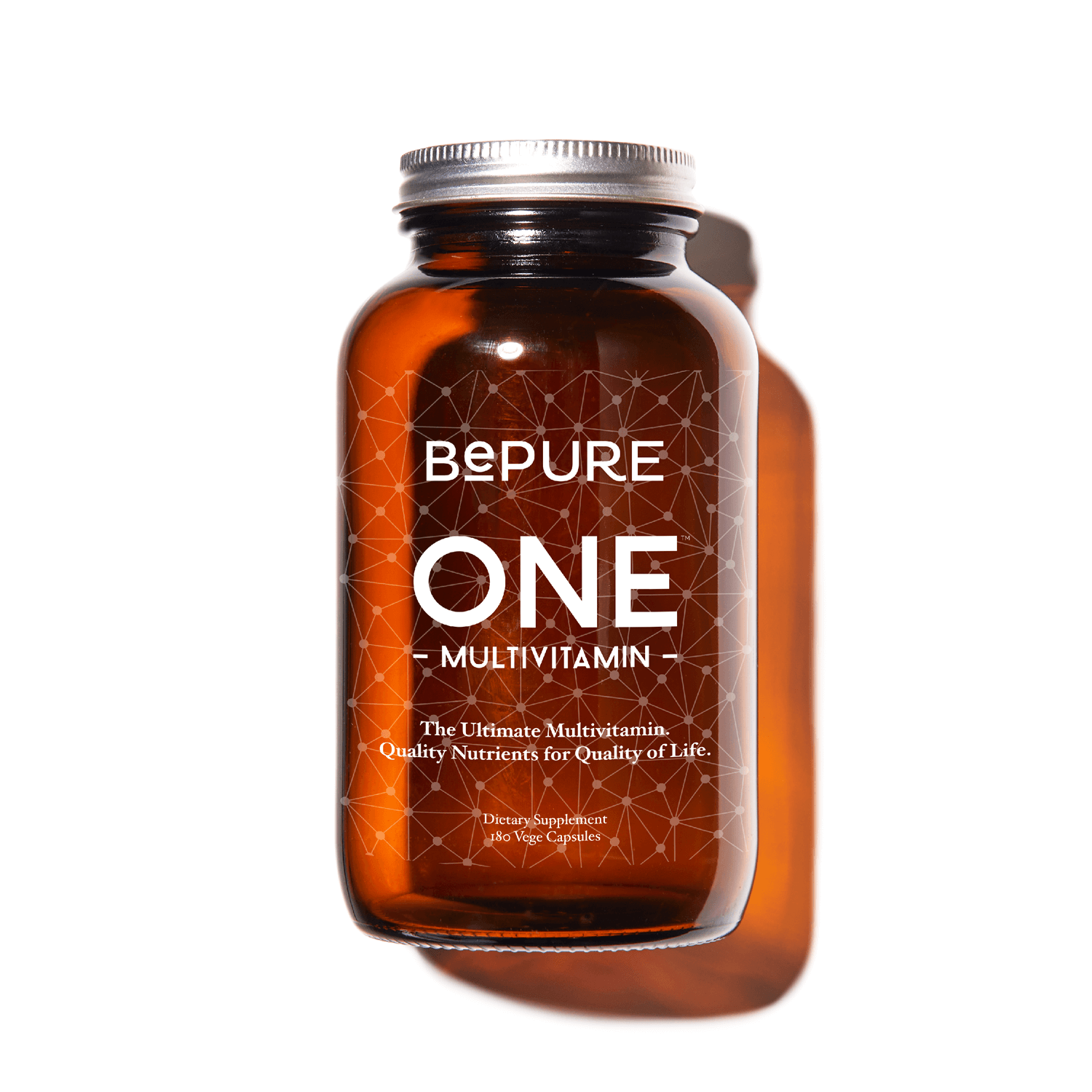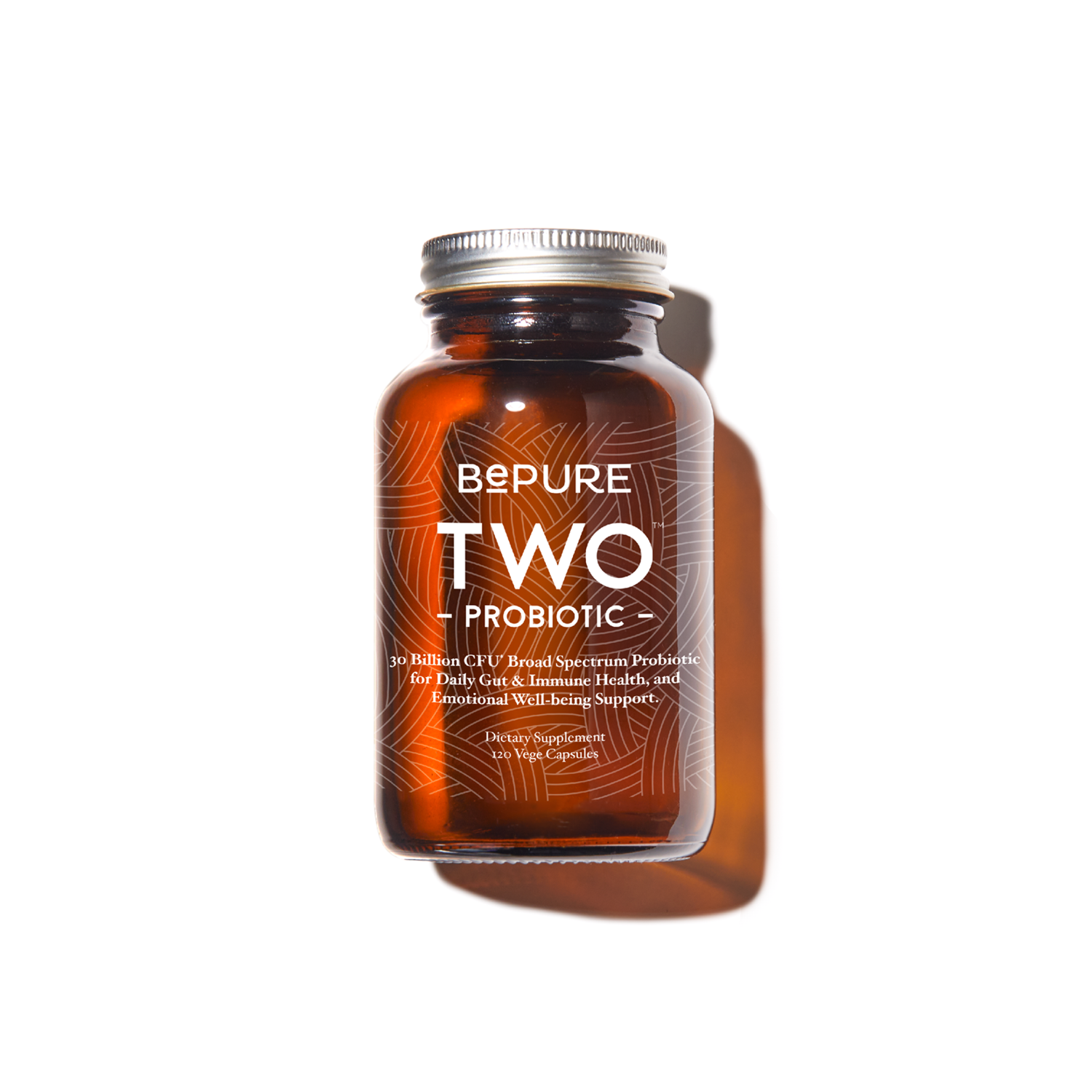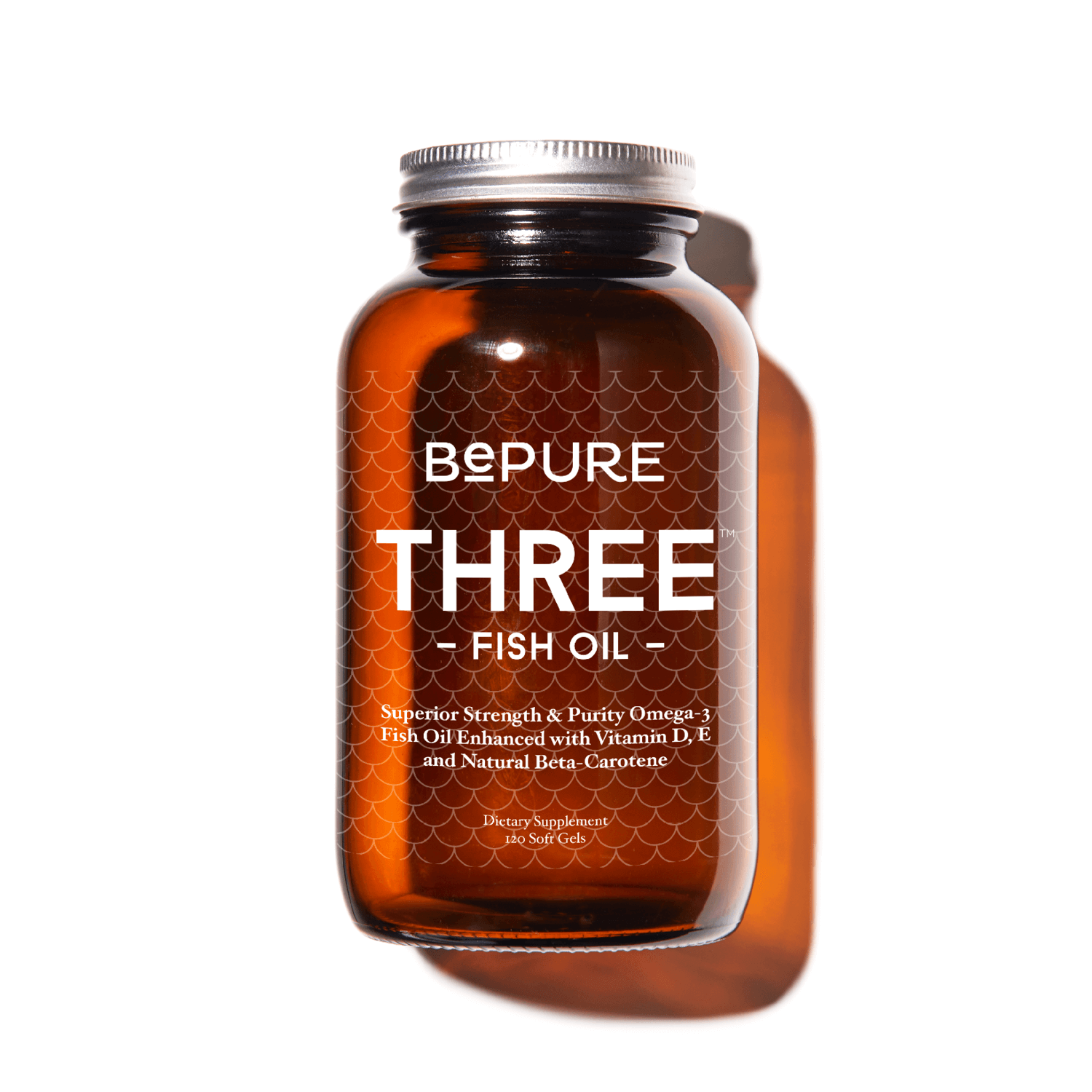Have you thought about having babies one day? If the answer if ‘yes’ ‘maybe’ or even ‘no thanks!’ it’s important to think about your fertility health sooner rather than later.
"Why?" you ask?
Regardless of whether you want children or not, your hormones and your cycles are incredibly important for your own health and wellbeing.
Having a healthy ovulatory cycle means your body can produce adequate amounts of progesterone, the calming, feel-good hormone we love so much. Low progesterone levels can translate to PMS symptoms, poor sleep, anxiety... the list goes on.
If you are wanting to make babies now or in the future, nutrition is highly important as pregnancy requires a huge amount of your body's energy and depletes its resources, including vitamins and minerals. Because of this, it's of the utmost importance to make sure you're getting the right micronutrients in your body well before you try to conceive.
So which nutrients are essential for fertility?
There are a few key vitamins and minerals that can support your body into balance. It’s important to note, that if you have any nutritional deficiencies, you will want to get blood work done so you can work toward optimal nutritional status.
It takes an egg 100 days to mature before it is released, so we need a minimum of 3 months to properly nourish our bodies prior to conceiving.
5 Essential Nutrients for Fertility
1. B-vitamins
B-vitamins are essential for hormonal balance and establishing a healthy blood supply… And the delivery of nutrient-rich blood is essential to supporting the health of the entire body, including our reproductive organs.
When it comes to B vitamins, however, the form really matters. We typically recommend an MVI or B-complex that contains L-Methylfolate (Folate), Pyridoxal-5-Phosphate (B6), and Methylcobalamin (B12) like those found in BePure Mum's One or BePure Folate Restore for optimal absorption.
For those with PMS and wanting to conceive, B6 is going to be a winner for you. The activated form of B6 (pyridoxal 5-phosphate or P5P) is essential for the synthesis of steroid hormones, particularly progesterone. B6 also promotes anti-inflammatory prostaglandins and assists with healthy detoxification and clearance of both oestrogen and histamine (a common contributor of PMS).
What to eat? - Carrots, peanuts, kumara, potatoes, poultry, pork, fish, eggs, green peas, soya beans, whole grains, bananas, and avocados.
2. Iodine
Iodine is an essential nutrient required for the production of your thyroid hormones. The thyroid gland is a butterfly-shaped organ located in the base of your neck, that releases hormones that regulate the reproductive function, as well as our metabolism, temperature and much more.
Women have increased iodine demands throughout pregnancy, so having enough iodine preconception is a must! Iodine deficiency is common in New Zealand, so we’d recommend eating foods rich in iodine and supplementing with a high quality source such as BePure Mum's One to ensure your levels are optimal.
What to eat? - Seaweed or kelp.
Note: A Probiotic is a good idea
Probiotics are also essential for healthy fertility. This is because you want to ensure that your microbiome is full of beneficial bacteria for your own health and for when you want to make babies.
Babies are born with a completely sterile gut and they culture their beneficial gut bacteria from what the receive from their mother when passing through the birth canal and from nursing in the months afterward.
BePure Two Probiotic contains 19 strains of beneficial bacteria to promote a healthy birth canal in the mother and ensure that your baby will get a good dose of probiotics to set up their microbiome giving them the best start in life.
What to eat?- Fermented foods such as sauerkraut, kimchi, kombucha, yoghurt (if you tolerate dairy) or kefir.
3. Magnesium
With stress levels on the rise, it’s not surprising that many of us are in need of this calming mineral.
Stress doesn't just deplete magnesium in the body, but when your body is deficient in magnesium it can lead to elevated cortisol (stress hormone) levels. You can see how this quickly becomes a vicious cycle between stress and magnesium that can throw off your entire balance of hormones and negatively affect your reproductive health.
This is why magnesium is incredibly important when it comes to rescuing hormonal balance, as it is essential for oestrogen metabolism and detoxification pathways.
When we have enough magnesium, we are able to regulate our stress response, and normalise the actions of progesterone on the central nervous system. It plays a role in regulating the stress response, balancing blood sugar, promotes sleep and aids in the manufacture of steroid hormones.
What to eat? - Dark green veggies such as spinach, pumpkin seeds, dark chocolate, nuts, bananas, almonds, legumes, whole grains, avocados, beef, and lamb.
4. Vitamin D
Vitamin D is the ultimate multitasker – it supports immunity, thyroid health and reduces inflammation, all of which are essential to supporting a healthy reproductive system.
Vitamin D is also essential for your gut health. The integrity of your gut wall is dependent on vitamin D.
As we learned above, your microbiome is incredibly important when it comes to the health of a baby. This means that you would be wanting to make sure your gut lining is healed and sealed well before conceiving.
Because many women are vitamin D deficient, we recommend getting your levels checked regularly and taking a supplement if you need it.
Again here, the form of the nutrient you take matters; always pick vitamin D3 over D2. Research shows it is much more effective at increasing your vitamin D levels!
What to eat?- Fatty foods such as salmon, herring, tuna, mackerel, sardines, oysters, beef liver, egg yolks and mushrooms (particularly if they have been left out in the sun). Also, getting safe sun exposure between the hours of 11am and 3pm is good for soaking up vitamin D.
5. Zinc
It's not just women who need to think about nourishing themselves ahead of conception - both male and female fertility are dependent on adequate zinc due to its critical role in the formation and maturation and fertilisation of the sperm and egg.
Zinc is involved in over 200 enzymatic reactions within our bodies and plays an essential role in balancing hormones. It has anti-inflammatory properties, promotes ovulation, balances androgen levels and dials down the stress response.
BePure Zinc Restore provides a high-strength, highly bioavailable form of zinc picolinate to help restore the body's zinc status.
What to eat?- Oysters, red meat, lentils, kidney beans, eggs, pumpkin seeds, sunflower seeds, cashews, mushrooms, and spinach. Avoid alcohol, tea, and coffee as these compete with and can inhibit its absorption.
Nutritional needs such as magnesium, zinc, iron, iodine, folate, B-vitamins and vitamin D are significantly increased during pregnancy, so you’d want to be supporting your body with these nutrients at least 3 months prior to conceiving. All of these nutrients can be found when supplementing with BePure Mum's One.
A number of people store iron, as heamochromatosis, therefore for the sake of everyone being able to take BePure One we decided not to include iron. For those that need iron, we recommend adding an additional supplement for this or eating foods rich in iron.
What to eat for iron?- Lean meats such as beef and lamb, eggs, sardines, cooked beans and lentils, and lightly sauteed greens such as spinach and broccoli. Consuming vegetable sources with vitamin C (kiwi fruits, citrus fruits, strawberries, red and green peppers) will also increase its absorption.
As you can see, one of the most important things when it comes to optimal health and hormone balance is nutrient status.
We need nutrients not only to create our hormones, but also for our liver to clear them out when they are in excess.



